Tor.com on Abandoned Earths and Inhospitable Planets
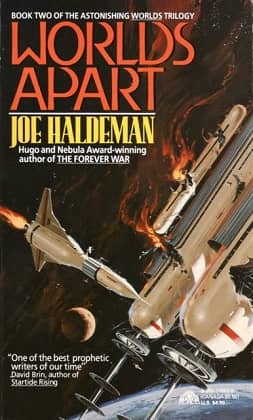 |
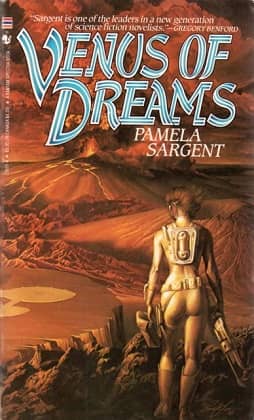 |
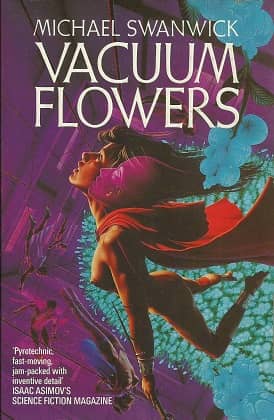 |
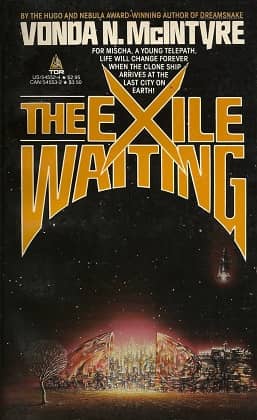 |
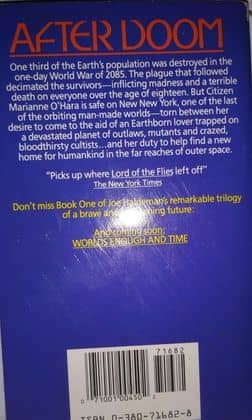 |
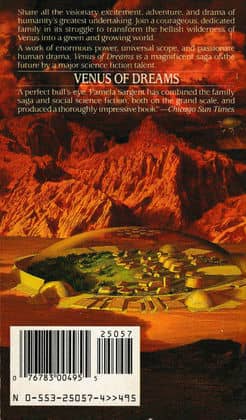 |
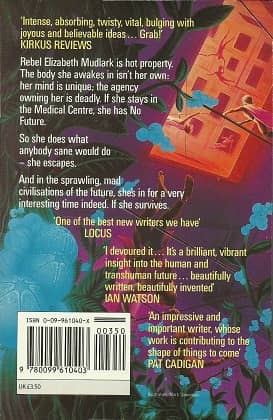 |
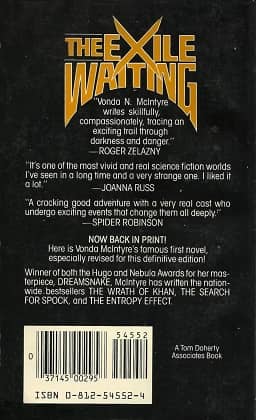 |
Everyone knows that Top Ten lists are irresistable clickbait for bibliophiles. That’s why there are so damned many. Top Ten Science Fiction novels of the 80s. Top 50 Fantasy Novels of All Time. Top 100 Hobbits in Science Fiction, Yo. Don’t lie to me, you know you love ’em.
Anyway, over the last few years book sites have gotten a little more clever, spicing up run-of-the-mill Top Ten lists with more interesting themes. A couple of my recent favorites both appeared at Tor.com: James Davis Nicoll’s SF Stories Featuring Abandoned Earths, and Kelly Jensen’s Five Inhospitable Planets from Science Fiction. Both feature topics near-and-dear to my old school heart and, even better, they showcase classic books from Ursula K. Le Guin, Vonda McIntyre, Poul Anderson, Michael Swanwick, Arthur C. Clarke, Joe Haldeman, Mel Odom, and Kim Stanley Robinson, and more, with nods to films like The Chronicles of Riddick and Interstellar.
Really, these things are just excuses to write about books we love, and what’s wrong with that? Nuthin’, that’s what’s wrong with that. This is what the internet is for, people.
[Click the images for plant-sized versions.]
James Davis Nicoll discusses over a dozen novels and stories from the 70s, 80s, and 90s set on a backwater Earth overlooked and forgotten by wider galactic powers, or abandoned for ecological reasons.
Earth is rich in resources and offers humans a shirt-sleeve environment . Why wouldn’t it continue to be the leader of the pack?
Sometimes it’s because we have trashed the Earth, rendering it uninhabitable. Stories like Thomas Scortia’s Earthwreck, Arthur C. Clarke’s “If I Forget Thee, O Earth,” and Joe Haldeman’s Worlds Apart are set on Earths where nuclear and biological weapons have turned the surface of the planet into a death trap . Any humans remaining have two options: flee or go extinct.
(In reality, even a radiation-soaked Earth would be still more habitable than any world in our Solar System. SF authors ignore or downplay that because they want to tell stories about extraplanetary societies…)
The backstory of Michael Swanwick’s Vacuum Flowers postulates the abrupt appearance of a terrestrial mass mind known as the Comprise. The only sure way to avoid incorporation into the light-speed-limited Comprise is to gain enough distance from it that the Comprise cannot maintain cognitive continuity… The Earth of Vonda McIntyre’s The Exile Waiting isn’t uninhabitable, but it is worn out and poor, with little to offer traders or visitors. In Melissa Scott’s Silence Leigh books, Earth has been deliberately sequestered from the greater interstellar community in order to better control it…
Sometimes it’s hard to say why the two groups, terrestrial and extra-terrestrial, avoid each other. In Pamela Sargent’s Venus trilogy, Earth’s Nomarchies and the space-based Habbers view each other with suspicion and condescension.
The full article is well worth your time; read the whole thing here.
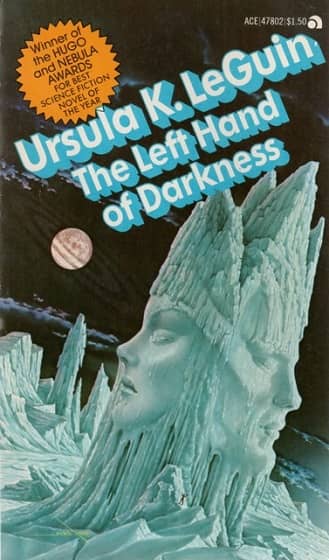 |
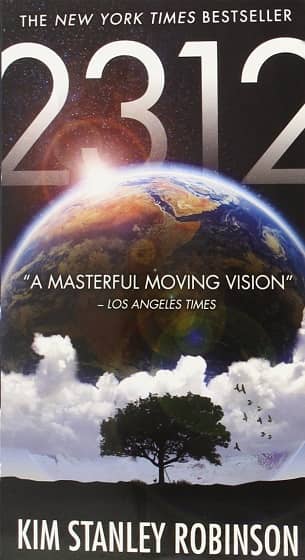 |
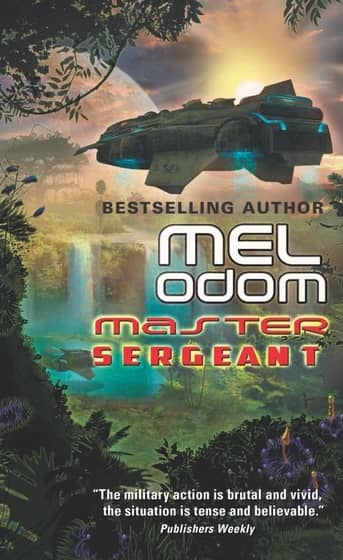 |
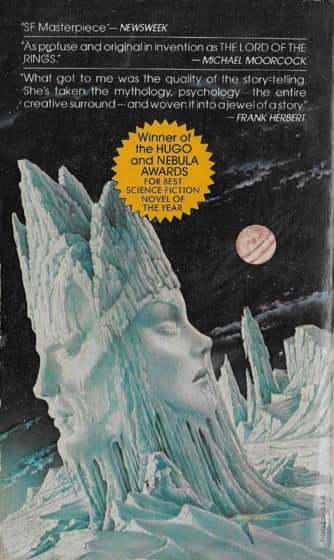 |
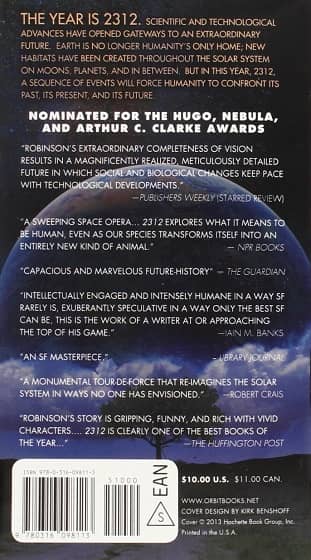 |
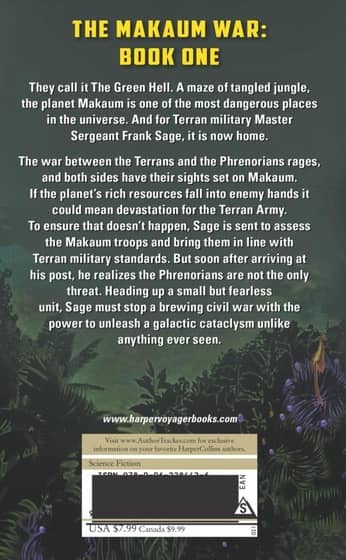 |
Kelly Jensen limits her discussion to five books that feature a colorful range of inhospitable planets, and she does a fine job enticing readers to check them out with her evocative descriptions.
There’s just something extra special about a backdrop of bubbling lava, snapping tentacles, poisonous forests, sinkholes, cracking ice, an unbreathable atmosphere, or the approach of a blistering sunrise that amps up the excitement factor. The story was probably already pretty good, but now everyone might die on the way to wherever they’re going…
The Left Hand of Darkness by Ursula K. Le Guin
I find the themes of gender identity refreshingly challenging. But when I talk about The Left Hand of Darkness, I usually end up describing the part where Genly and Estraven spend eighty days traversing the northern Gobrin ice sheet. The environment is unspeakably harsh and Le Guin makes it enthralling. I could feel the fat melting away from Genly and Estraven as they balanced their daily calorie expense against necessary exertion. I shivered when I learned that it doesn’t snow when the temperature drops below a certain threshold. I didn’t ever want to know how cold that must be…
2312 by Kim Stanley Robinson
If we had an outpost on Mercury — either underground, or rolling across the surface in advance of the sun as depicted in Kim Stanley Robinson’s novel 2312—I’d probably want to hike there. The book begins with a tantalizing invitation:
“The sun is always about to rise. Mercury rotates so slowly that you can walk fast enough over the rocky surface to stay ahead of the dawn; and so many people do. Many have made this a way of life. They walk roughly westward, staying always ahead of the stupendous day…”
There’s also a city called Terminus that rolls around the planet on a train — always ahead of the sun. One of my favorite adventures actually takes place beneath the tracks as Swan takes shelter from the sun only to be trapped for weeks in underground tunnels. Do I need to mention that I’m also fond of perilous journeys?
Master Sergeant by Mel Odom
In Master Sergeant, Mel Odom introduces us to Makaum, otherwise known as the Green Hell. The planet is a maze of vicious vegetation defying every effort at containment. Like the burning sun and endless ice I’ve mentioned above, the jungle is inimitable, and it shapes the entire culture of the planet. It cannot be beaten back, but only be controlled for short periods of time, say for the purpose of clearing a landing pad. It’s a horrific and oppressive environment that leaves you wondering why anyone would want to live there.
Turns out, the planet is rich in natural resources. Of course it is! This is science fiction at its best. Why put the most sought after mineral in the galaxy on a barren rock where anyone can get at it when you can bury it beneath a man-eating jungle on a planet also infested with drug runners and gangs? Seriously.
Read Kelly’s complete article here.
If you’ve got some recent favorite lists that highlight forgotten SF and fantasy, I’d love to know about ’em. Share them in the comments.
I’ve read the Haldeman, Swanwick, and Le Guin novels, John (and taught the Le Guin, too) — classic novels all. As inhospitable as Le Guin’s Gethen is, I think it’ll be far more able to sustain life than our own planet will be if we don’t find a way to deal with climate change — and soon. We may end up with an Earth like the Mercury of Robinson’s “2312.”